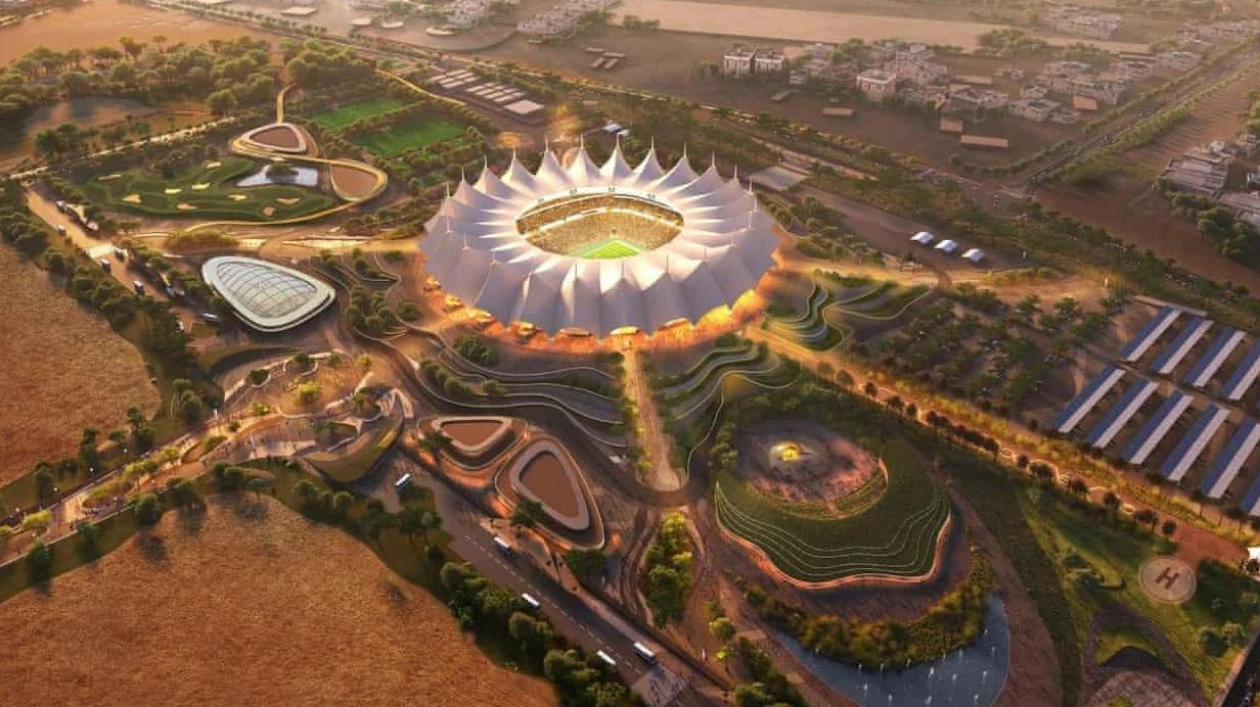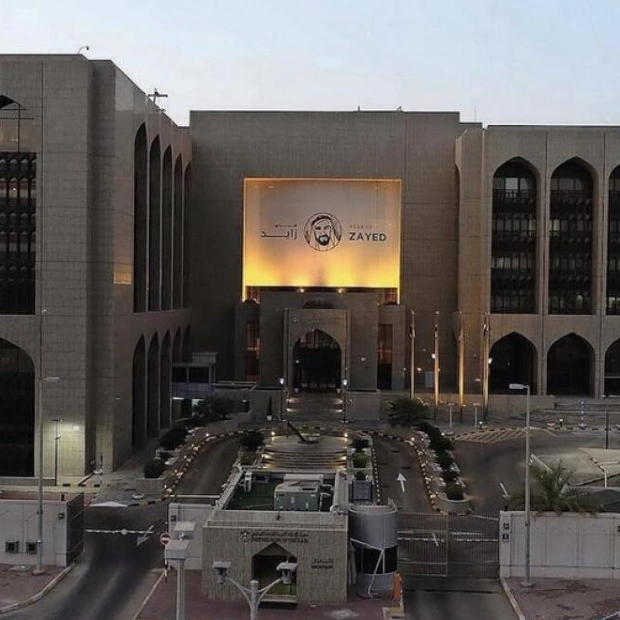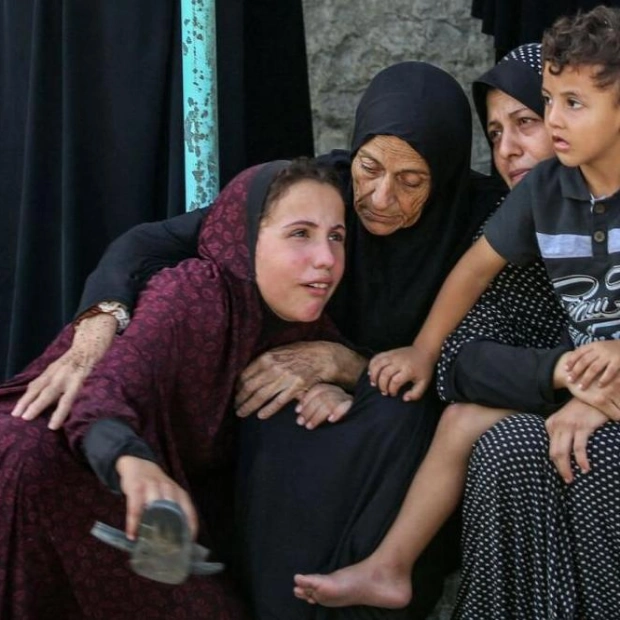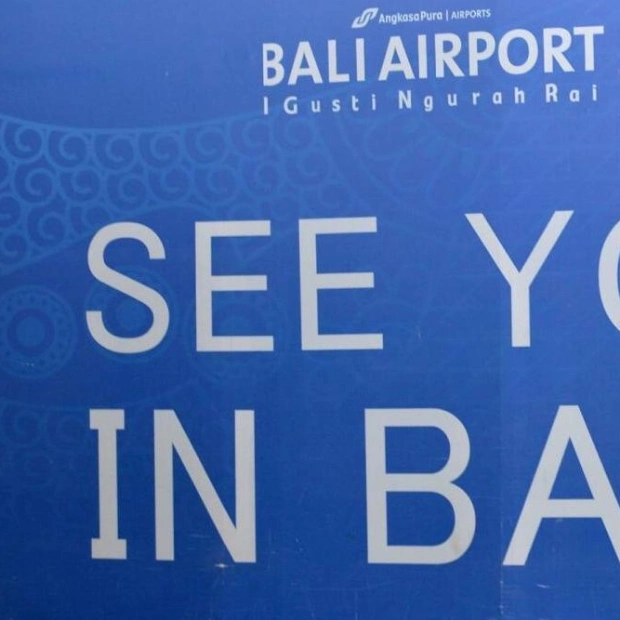Fifa's bid evaluation report was crystal clear: Saudi Arabia had assembled the most compelling and highest-scoring bid package in history. Remarkably, the fact that 11 of the 15 stadiums are still to be constructed posed little hindrance; nor did Fifa's acknowledgment of "associated unknowns or challenges." Many of the new venues have been designed by the US firm Populous, which also has a London headquarters. Their portfolio includes Tottenham Hotspur's home ground and Lusail Stadium, which hosted the 2022 World Cup final. The designs are striking, and the ambition is vast: King Salman Stadium in Riyadh will accommodate 92,000 spectators and host both the opening game and the final. Prince Mohammed bin Salman Stadium, another Riyadh venue, has garnered significant attention for its futuristic design and open side overlooking cliffs.
Numerous commitments have been made regarding the post-tournament legacy and sustainability of the arenas; let's hope these plans are executed more swiftly than those for Qatar, where Stadium 974, intended for dismantling and relocation, remains unfulfilled. The Saudi bid's record score is even more puzzling given that one of the four host cities, Neom, is still under construction and reportedly scaled back in scope. Fifa has acknowledged the need for close monitoring of such projects. Riyadh and Jeddah are at least accustomed to international visitors, primarily for business or religious purposes. Jeddah successfully hosted last year's Club World Cup, though traffic issues and an unexpected rainstorm after Manchester City's victory caused disruptions. Enhanced transport links are essential; a new high-speed rail line for Jeddah and Riyadh's recently opened metro system are among the promised developments.
Transport between cities should be manageable, but accommodation could be a challenge. Saudi Arabia is not a budget-friendly destination, and fans hoping for an affordable World Cup experience must rely on Fifa's promise of 230,000 budget-friendly rooms. Another challenge for Saudi cities will be creating public spaces akin to those in Doha. Relying solely on alcohol-free fan zones won't suffice. A significant portion of Jeddah is undergoing reconstruction, with reports of mass demolitions and forced evictions raising human rights concerns. The Jeddah Central project, featuring a stadium and various proposed tourist attractions, represents the vision Saudi Arabia hopes will welcome visitors in 2034.
Predicting the state of international football in 2034 is impossible. Saudi Arabia is heavily banking on the enduring popularity of the World Cup. However, the club game's dominance and the unknown appeal of the new 48-team format could impact interest. If the 2026 and 2030 tournaments, hosted in more accessible locations, fail to draw crowds to less prominent matches, Saudi Arabia's prospects are uncertain. The host nation can, however, boast a genuine football culture, ensuring vibrant matches. Unlike Qatar, there should be no need to import fan groups, but significant investment in the surrounding spectacle is likely. Football will be just one aspect of the event. On the pitch, a 27-year-old Lamine Yamal could be at his peak when the tournament begins, potentially making Spain early favorites.
The tournament will likely be held in winter, much to the frustration of those dealing with football's increasingly complex calendar. Clubs were assured that Qatar 2022's winter switch would be a one-off, but Saudi Arabia's expedited bid has changed that. Temperatures should be suitable for football, with Abhar, a coastal city, offering the closest to chilly conditions. Now that the bid has been approved, will Saudi Arabia's dire human rights record face serious scrutiny? Visiting fans, like in Qatar, will likely only see the polished facade built by a heavily exploited migrant workforce. Workers may be encouraged to take leave or kept out of sight. The stories behind each stadium and entertainment venue will be significant. How these stories are told, and the extent of genuine reform in Saudi Arabia, will shape the experience of every traveling supporter.
Source link: https://www.theguardian.com






